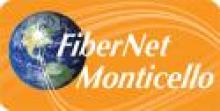What happens when economies of scale are taken to ridiculous proportions? The wretched customer service of Comcast, AT&T, Etc.
We recently had to move our Institute for Local Self-Reliance office within Minneapolis due to our old building being razed shortly for student condos. Given the paucity of choices, we are stuck with Comcast as our ISP (the other option is a slower, less reliable CenturyLink DSL connection).
Dealing with Comcast for the move has been a reminder why communities are smart to build their own networks. They can ensure a much better customer experience because they are not so unmanageably large. In telecommunications, some scale is desirable because key costs are somewhat fixed. Regardless of how many subscribers a network has, it has to advertise, do tech support, keep the network functioning, and more. Spreading those costs across a wide base makes sense.
But when you take it to the levels of national carriers, you end up with customers having to call India to talk to a living human. After enough complaints, some of those jobs have come back to the US, but customer satisfaction remains elusive because of the difficulty of managing tens of millions of customers on probably hundreds of different internal systems -- most of which do not talk to each other.
To ensure continuity of service for our office, we installed business-class service at our new location before we moved. We were told that on the day of the move, we could switch our static IP from the old location to the new with just our account number and the MAC address of the Comcast modem already installed in the new location.
On that day, I called Comcast with that information and was told I needed to have our "new" account number. I said that we didn't know anything about a "new" account number as we were moving our service and they specifically told us that we only needed the Mac addy and the account number we have long used.
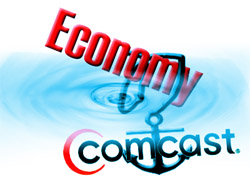
The Customer Service Rep could not tell me the new account number. I asked if he could find it with several different pieces of unique information I did have and was told no. It was not possible.
Frustrated, I said, "screw it," and just plugged old Comcast modem into the network, wondering if it would magically work with the correct static IP. And Lo, we were back on the Internets.


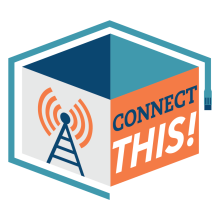
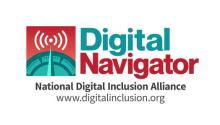
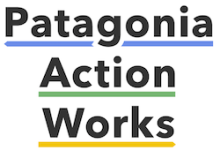

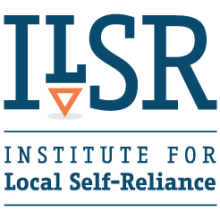
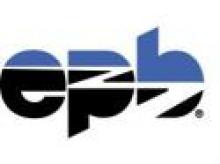

 The Customer Service Rep could not tell me the new account number. I asked if he could find it with several different pieces of unique information I did have and was told no. It was not possible.
Frustrated, I said, "screw it," and just plugged old Comcast modem into the network, wondering if it would magically work with the correct static IP. And Lo, we were back on the Internets.
The Customer Service Rep could not tell me the new account number. I asked if he could find it with several different pieces of unique information I did have and was told no. It was not possible.
Frustrated, I said, "screw it," and just plugged old Comcast modem into the network, wondering if it would magically work with the correct static IP. And Lo, we were back on the Internets.